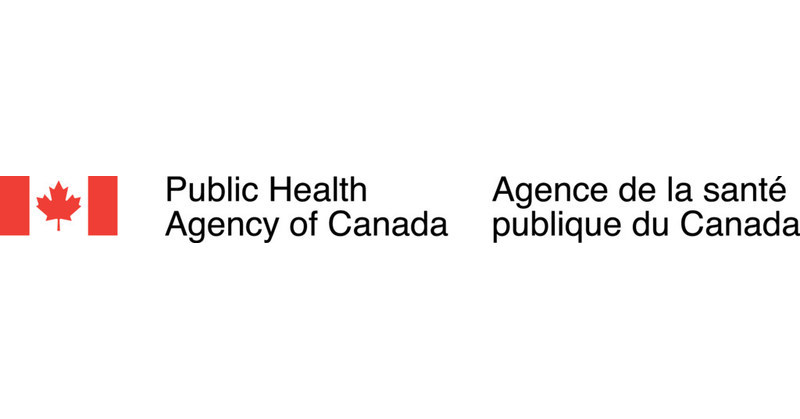What’s a Vaccine?
How Do Vaccines Work?
Why Do We Need Vaccines?

When it comes to vaccination, deciding if and when to vaccinate our children is a big decision! Of course, vaccine information was available even before the pandemic made vaccines a central issue. Still, then and now, it can be hard to find trusted information based on scientific evidence and facts.
Since we have more and more access to information thanks to the internet and social media, it's more important than ever to ensure you're getting genuine, accurate and proven information to base your decisions on.
Life With A Baby has partnered with the Public Health Agency of Canada to share some trusted resources on how to find the correct information for you and your family.


What’s a Vaccine?
Vaccines are tools that work with the body's natural defenses (the immune system) to develop protection against diseases without the risks that come from getting the diseases
How Do Vaccines Work?
Vaccines help lower our risk of infection. They work with the body's natural defenses to develop protection against a disease.
The main components in all vaccines are antigens. Once in the body, antigens cause the immune system to react by creating:
This process helps destroy specific germs that could make you or your child sick. Being vaccinated will prevent the disease or lessen its impact.
If your child isn't vaccinated against some germs, they can get very sick. This is because their immune system isn't prepared to handle the germs.


Why Do We Need Vaccines?
Vaccines have successfully lowered the rates of disease in countries with strong vaccination programs.
Some of the diseases that vaccines prevent (like measles, mumps and polio) have no treatment or cure. These diseases can cause:
Severe illness
Disability
Death
Even with improved living conditions and modern hygiene, vaccines are still very important to prevent infections that could make your child very sick.

Some diseases are now rarely seen in Canada because of long-term high rates of vaccination in the population, including:
High rates of vaccination against these diseases help to prevent further spread and outbreaks. The best way to protect your children's health is to prevent these diseases in the first place by keeping their vaccinations up to date.
This blog post was supported by the Public Health Agency of Canada, Vaccine Community Innovation Challenge.
